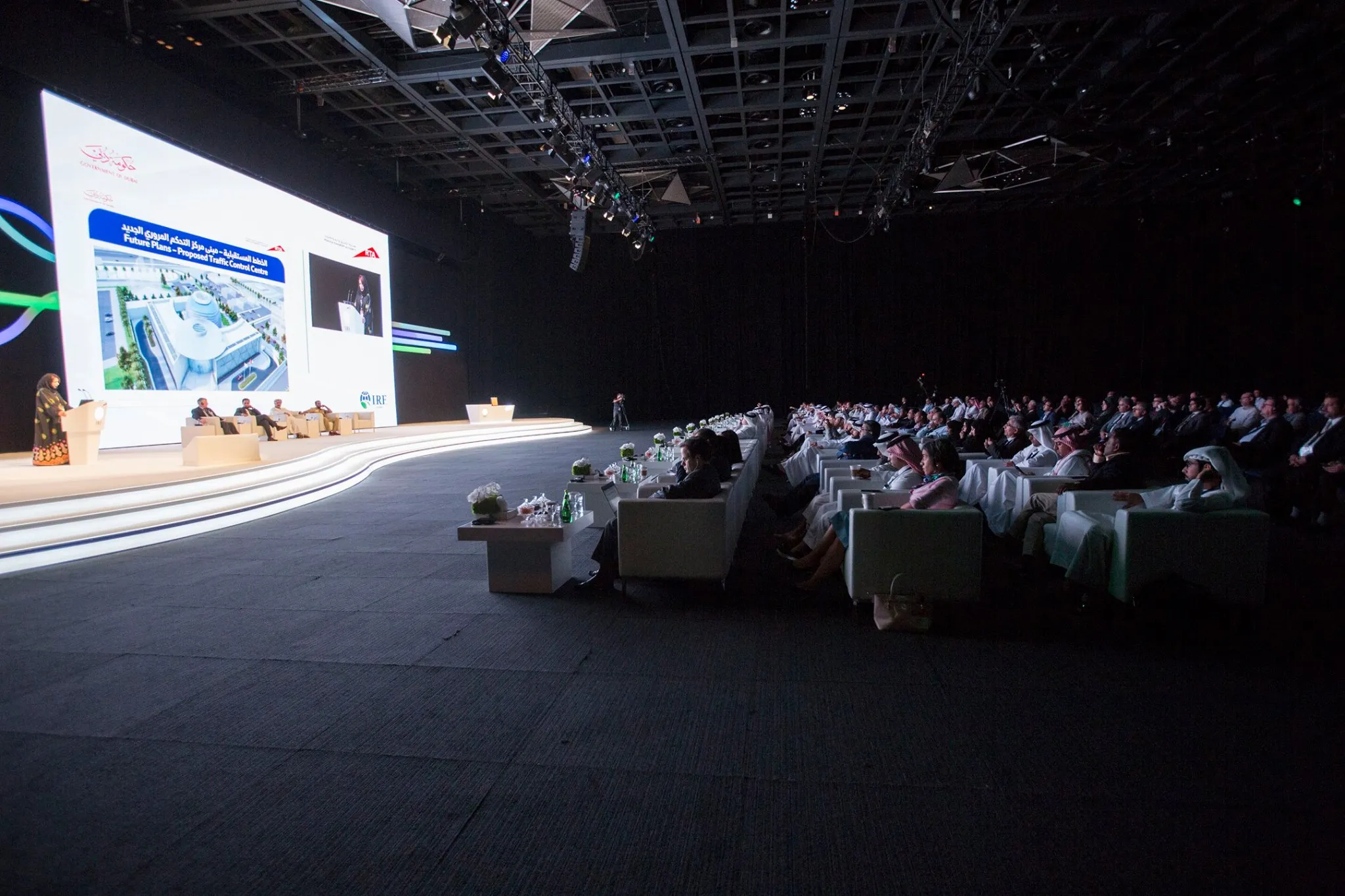Instituted in 2000, the
According to C Patrick Sankey, IRF president and CEO, “The GRAAs also serve as an accelerator of progress and new ideas. By showcasing new technologies and creative solutions, we are able to learn from each other, and build on our successes.”
The IRF’s flagship industry award program is characterised first and foremost by its universal appeal, with laureate projects representing a wide spectrum of innovations and countries spread across the award’s 12 categories. “The diversity and quality of these projects are also a great testament to the IRF’s status as a global marketplace for best practices and industry solutions,” Sankey said.
The IRF views the awards as an important way to promote road innovation around
the world and makes substantial efforts to see that the awarded achievements receive maximum worldwide publicity, including
a presentation of a crystal trophy at the prestigious IRF Gala Dinner and Awards Ceremony, as well as recognition in both IRF and industry publications.
Fostering a global marketplace for industry solutions
Transport professionals are invited to compete for the sought-after Global Road Achievement Awards. Instituted in 2000, the IRF Global Road Achievement Awards (GRAA) have celebrated more than 120 programmes, projects, and products from around the world. Today, the awards are recognised as a prestigious industry accolade in their own right, but they also serve to remind a much wider audience that the mobility everyone takes for granted would not be possible without the talent and commitment of our industry.
May 17, 2017
Read time: 2 mins
Transport professionals are invited to compete for the sought-after Global Road Achievement Awards









